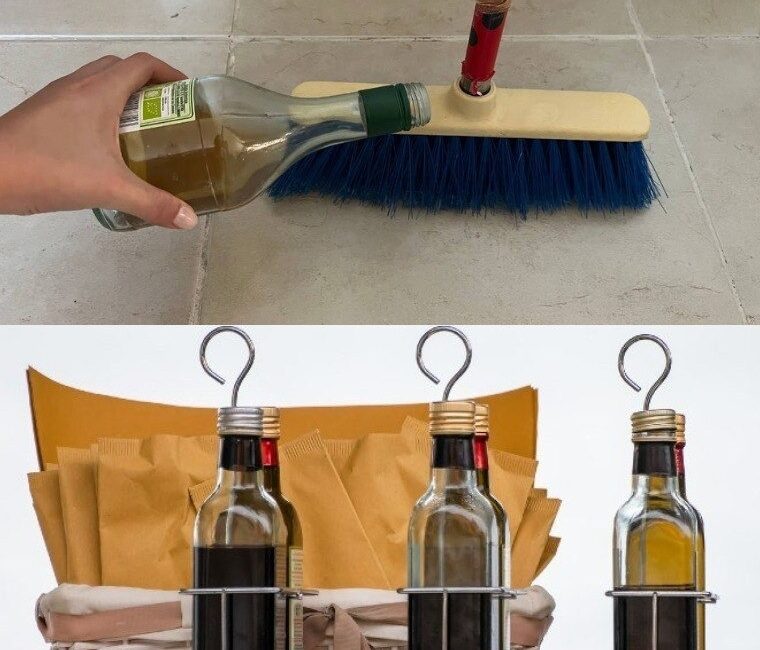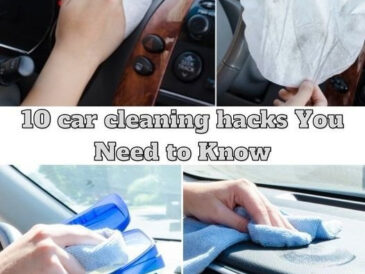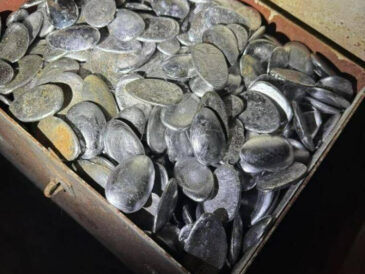How to Use White Vinegar for Mopping Floors
Using white vinegar to mop floors is straightforward, but there are a few key tips and tricks to ensure optimal results. Here’s a guide on how to make the most of this powerful cleaning solution:
1. Dilution is Key
The strength of white vinegar can vary depending on your cleaning needs and the type of floor you’re cleaning. For general cleaning, it’s important to dilute the vinegar with water to avoid leaving any strong vinegar smell behind or damaging delicate flooring surfaces.
- For hardwood floors, dilute 1/2 cup of white vinegar in 1 gallon of warm water.
- For tile, vinyl, or laminate floors, use 1/4 cup of vinegar per gallon of warm water.
- For heavily soiled floors, you can increase the vinegar concentration slightly, but always test a small, inconspicuous area first to ensure no damage occurs.
2. Add Essential Oils for a Fresh Scent
If you’re concerned about the vinegar smell, which tends to dissipate as it dries, consider adding a few drops of essential oils to your mop water. Popular options like lavender, lemon, or eucalyptus oil not only leave your floors smelling fresh but also have additional antibacterial properties. Simply mix the oils into the water along with the vinegar.
3. Use a Microfiber Mop
Microfiber mops are an excellent choice for cleaning floors, especially when paired with a vinegar solution. The fibers trap dust and dirt more effectively than traditional cotton mops, and they can be used with less water, reducing the risk of over-wetting floors. This is particularly important for hardwood floors, where excess moisture can cause warping or damage over time.
4. Mop in Sections
When mopping with vinegar, it’s a good idea to work in sections, especially for larger areas. Mop in a circular motion, ensuring that the entire floor gets cleaned. After each section, rinse out the mop to avoid spreading dirt around. For extra shine, follow up with a clean, damp mop to remove any remaining vinegar solution.
5. Dry the Floor
Although vinegar is a natural cleaner that doesn’t leave harmful residues, it’s still a good idea to dry the floor after mopping, particularly if it’s hardwood or laminate. Use a dry microfiber cloth or towel to wipe down the floor and avoid any water damage. This will also help remove any streaks that may have formed during the cleaning process.
Additional Uses of White Vinegar for Floor Care
White vinegar can do more than just clean your floors. It can also help restore the appearance of your floors over time and assist with some common floor care challenges.
1. Dealing with Hard Water Stains
If you have hard water stains on your floors (particularly on tile or vinyl), white vinegar can help break down the mineral deposits that cause these stains. Simply apply the vinegar solution directly to the affected areas, let it sit for a few minutes, and then scrub with a soft brush or microfiber cloth. This process will help lift the stains and restore the floor’s appearance.
2. Removing Pet Odors
For homes with pets, odors can sometimes linger even after cleaning. White vinegar is known for its ability to neutralize odors, including pet smells. If you have a particularly smelly area, mop the floor with a diluted vinegar solution and let it air dry. The acidity of the vinegar will neutralize the odors rather than just mask them.
3. Polishing and Shining Floors
Once your floors are clean, white vinegar can help enhance their shine, especially for hard floors like vinyl or tile. After mopping, follow up with a light rinse of water to which you’ve added a small amount of vinegar. This will leave a streak-free, glossy finish.
Conclusion: Why Your Floors Will Never Be the Same Again
The next time you’re looking for a way to clean your floors, reach for that bottle of white vinegar. With its affordability, versatility, and effectiveness, it’s no wonder that this simple liquid has become a household staple for cleaning. Whether you’re looking to remove stubborn stains, eliminate odors, or simply give your floors a fresh shine, white vinegar is up to the task. Its ability to tackle a variety of floor types while being safe for your family and the environment makes it a win-win solution. When used correctly, white vinegar on the mop will leave your floors cleaner, brighter, and healthier, and they truly will never be the same again.




